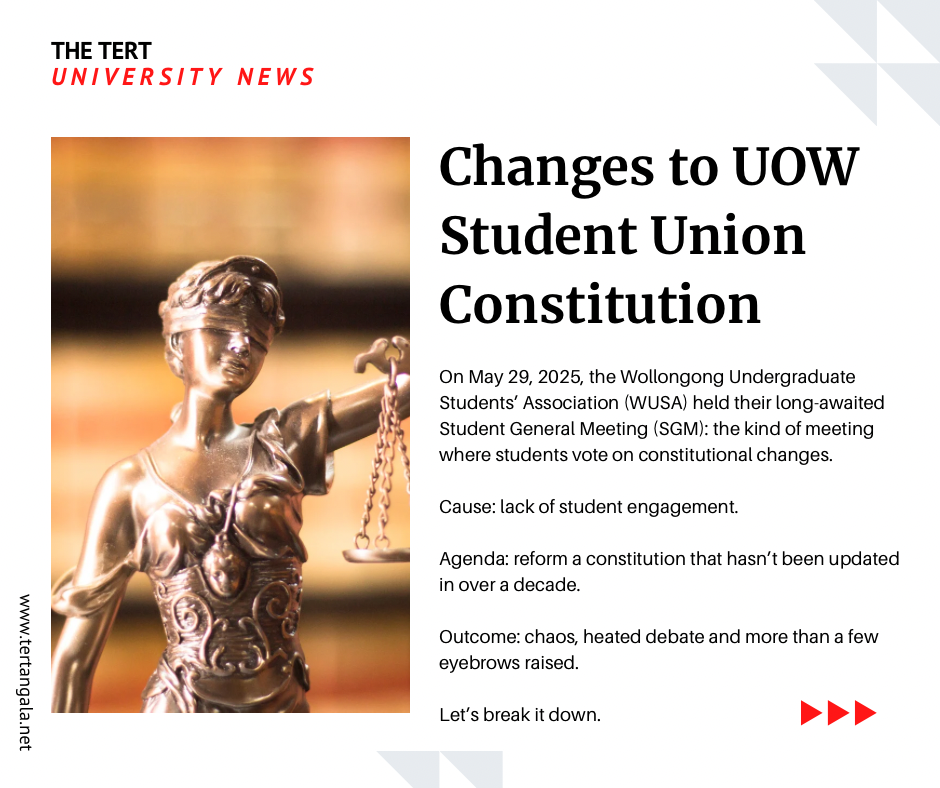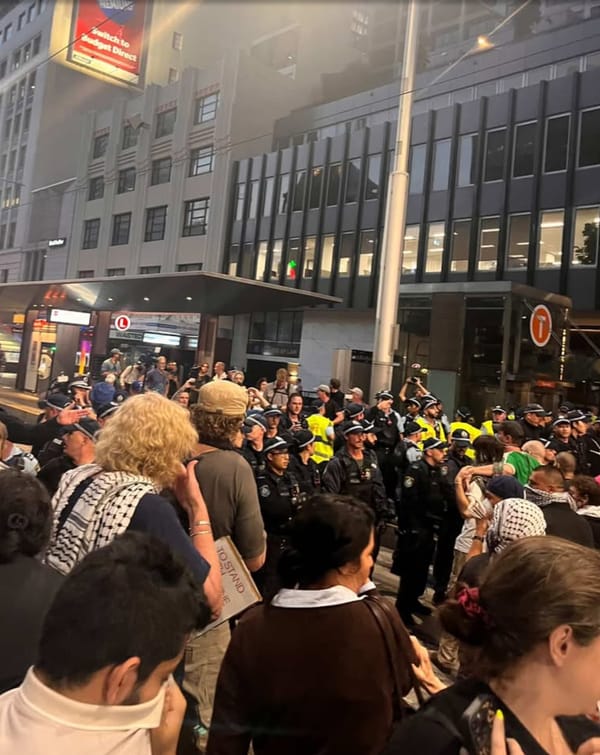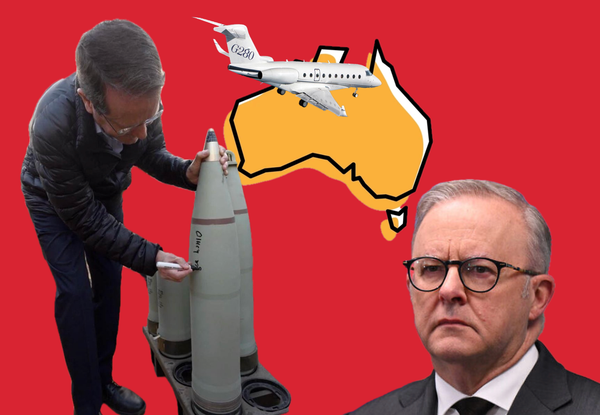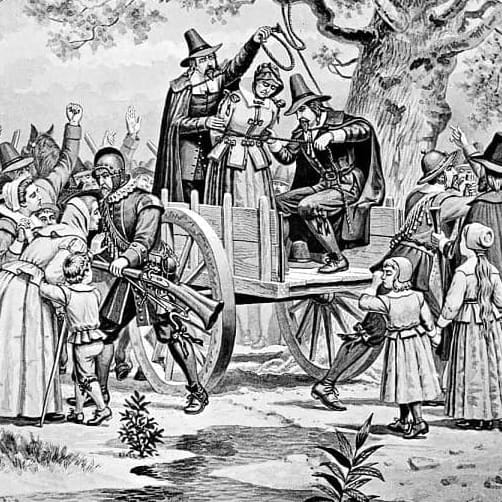Changes to UOW Student Union Constitution

One of The Tert Editors delves deeper into the mind of an attendee of the Student General Meeting, in his opinion piece: WUSA SGM: A Difference of Opinion.
On May 29, 2025, the Wollongong Undergraduate Students’ Association (WUSA) held their long-awaited Student General Meeting (SGM): the kind of meeting where students vote on constitutional changes.
Cause: lack of student engagement.
Agenda: reform a constitution that hasn’t been updated in over a decade.
Outcome: chaos, heated debate and more than a few eyebrows raised.
Let’s break it down.
A Constitution Walks Into a Room:
The meeting opened with a proposed change to how WUSA elects an Indigenous Representative. This role has remained unfilled in recent years due to the inactivity of the Indigenous Collective. The motion aimed to preserve autonomy while creating a backup plan: if the collective isn’t functioning, the position can be filled via a casual vacancy, with guidance from the Woolyungah Indigenous Centre.
Although this motion was well-received, barely a minute into the formal proceedings, Education Officer Megan Guy (SAlt) moved an emergency motion regarding the rights and autonomy of office bearers, prompting early confusion about whether representatives were about to vote on something that had not been publicly flagged. General questions about voting rights, procedural clarity, and the very definition of a “meeting” followed.
President Hanzel-Jude Pador attempted to steer things back on course, but the tone had already shifted.
What even is a ‘procedural’?
If you’ve never been to a student union meeting, procedurals are motions that change how things are discussed or voted on. They can be used for transparency and fairness or even to derail debate. A procedural vote determines how a meeting proceeds, rather than deciding the substance of a motion. It allows members to vote on matters such as extending debate, moving to a vote, changing the order of business, or considering an amendment.
In this case, a procedural was raised to split off two of the most controversial motions from the rest: 1.4 (on constitutional interpretation of presidential censorship of publications) and 1.5 (on financial and legal reforms). Student representatives from groups such as SAlt (Socialist Alternative) argued these motions could seriously threaten WUSA’s democratic integrity, giving the President too much control over what can be published ‘in their opinion.’
Examples were raised. Would political posts, like those supporting Palestine, or criticising budget cuts, now be subject to presidential veto? And, more broadly, would publications like The Tert be at risk of censorship?
WUSA’s Treasurer, Daniel McClelland, and other council members pushed back, saying the clause is in line with legal liability norms across student unions and only restricts content that risks breaking the law (e.g. defamation, hate speech). The problem, opponents argued, is the vague language and lack of oversight.
The request by SAlt members and students to vote on these motions separately, failed. That meant all eleven motions – including the controversial ones – would be voted on together in what is referred to as a bloc. A bloc vote is when many motions are voted on together in one go rather than separately.
Failing through an extremely narrow vote, the room filled with frustration and students started grasping at straws trying to find a loophole.
Zoom Link? What Zoom Link?
Accessibility came up as another point of contention. Members from SAlt called out that the Zoom link for the hybrid meeting was only posted six hours beforehand with vague ‘DM us’ instructions. Students argued about the lack of clarity and barriers to participation.
A motion to remove Hanzel as chair was proposed, which failed. The meeting carried on, but not without tension.
SSAF, Power, and Who Gets to Spend the Money
A major theme behind the constitutional amendments was control over SSAF (Student Services and Amenities Fee) funding. WUSA argued that recent shifts – especially since late 2024 – have seen more SSAF money going to Pulse (a uni-controlled body) rather than to the independent student union.
The amendments aimed to strengthen WUSA’s financial independence and ensure more funding goes to services students actually ask for. The Vice President of the NTU (National Tertiary Education Union) even weighed in, sharing electronic correspondence that supported WUSA’s push for student-led control of student money.
WUSA claimed that changes had been in the works for months, with support from many reps. Others, like The Tert team members and unaffiliated students, noted they had been excluded from meaningful consultation, particularly regarding censorship clauses and the consolidation of executive power.
So, What Passed?
Ultimately, the bloc vote carried. Every motion – from expanding the President’s term limits to rewriting financial oversight rules and formalising a complaints process – passed as a package. Some were widely supported – like better mediation protocols and improved inclusion for students with disability – while others passed despite serious contention.
In practical terms, the passed amendments give WUSA more tools to manage its own funding, complaints and mediation processes. If it works as intended, it could mean more student money going toward actual student-led initiatives and better accountability when things go wrong. But it also means more power concentrated in the hands of the executives, especially the President, and that has some students worried about transparency and censorship going forward.
The amended constitution sets the framework for how future WUSA presidents and councils will manage funding, representation and student governance.
Final Thoughts
If you left the meeting confused, you weren’t alone. Students raised genuine concerns about transparency, representation, and whether WUSA’s reform truly reflects the broader student voice. Others saw the changes as necessary steps toward stability, professionalism, and regaining control of student money.
Either way, one thing’s clear: student politics is not dead. It’s messy and loud and absolutely matters.
For more information, check out the WUSA and the NUS (National Union of Students) Instagram pages:
Get interested. Get involved!




